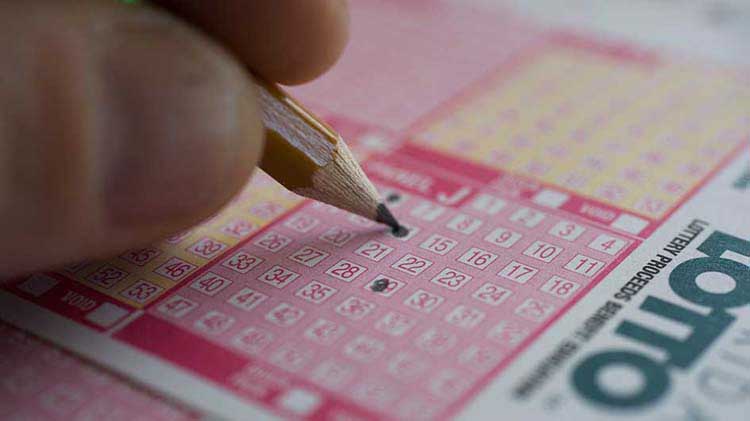As one of the biggest countries in the world, the United States of America loves games of chance. That is why lottery systems are so massive in the USA; they provide people with the chance to change their life forever. However, did you know that the current Mega Millions jackpot for January 2021 was as large as $750m? That’s right – seven hundred and fifty million.
This makes it the second largest pot in history, though it does pale in comparison to the $1.537bn that was available for winning in October 2018. However, with lotteries obviously taking in millions of people who are willing to play a game of chance, just how much tax is being raised? And what does that tax actually do?
Since the 20th Century, America has used lottery programs to fund a huge amount of benefits to the people. Sure, the odd person is made a multi-millionaire overnight – but it also gives tax dollars to be spent on essential services like schools, fighting crime, and community projects. However, today, that isn’t quite the case. Why, though? Why are the tax dollars that lottery programs raise not going back into the communities and the country?
Half of Americans play the lottery – where is the reward?
Given the odds of winning the lottery are so fractional, why do so many people take part? Because it only costs $2 to play. For $2, you could transform your life and give yourself a better chance than ever to make it big. As people see the jackpot going up and up, they want a piece of the action – ironically actually getting in when there is even less chance than normal to win the jackpot.
So, with so many Americans playing and so few winning – there has not been a winner since September 2020 – where does all of that money actually go?
The Mega Millions lottery in particular splits its income across 47 different jurisdictions, with 45 states D.C. and the U.S. Virgin Islands taking their cut. In D.C., the lottery income goes into a general fund that is used for various factors. 27 of the states take some – or all – of the lottery money and put it into their education systems. Others, though, put it towards environmental projects or even for paying for detention facilities for kids.
However, the weird thing is that many states actually use their lottery funds to put into the education budget. They use that to pay for the budget, not to add to the budget. Instead, the actual budget is spent elsewhere. Indeed, many states simply use the lottery additions to make up monetary shortfalls. Indeed, some states actually put less into their education than they did prior to starting the lottery!
These are serious issues, and show a pretty hefty problem with the modern lottery system. Fixing something as massive as this, though, might become a challenge too far. With so many budgetary issues today, making sure that lottery funds can be used for their original intended purpose is simply too hard.
Funding should be consistent, clear, and ethical – otherwise, the impact that the lottery has on improving society will never be as large as it could, and should, be.

